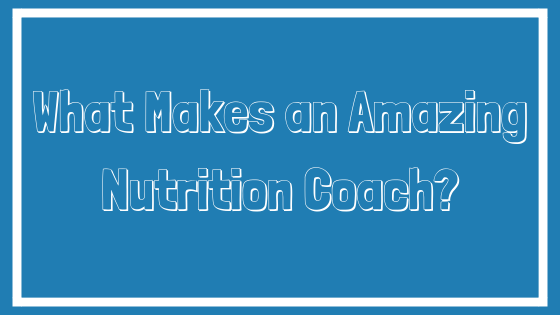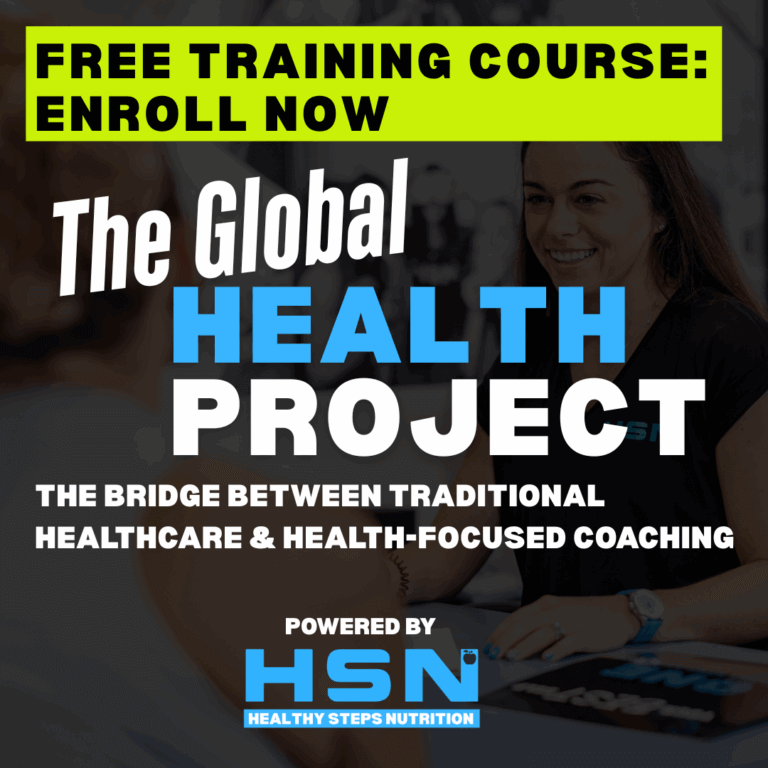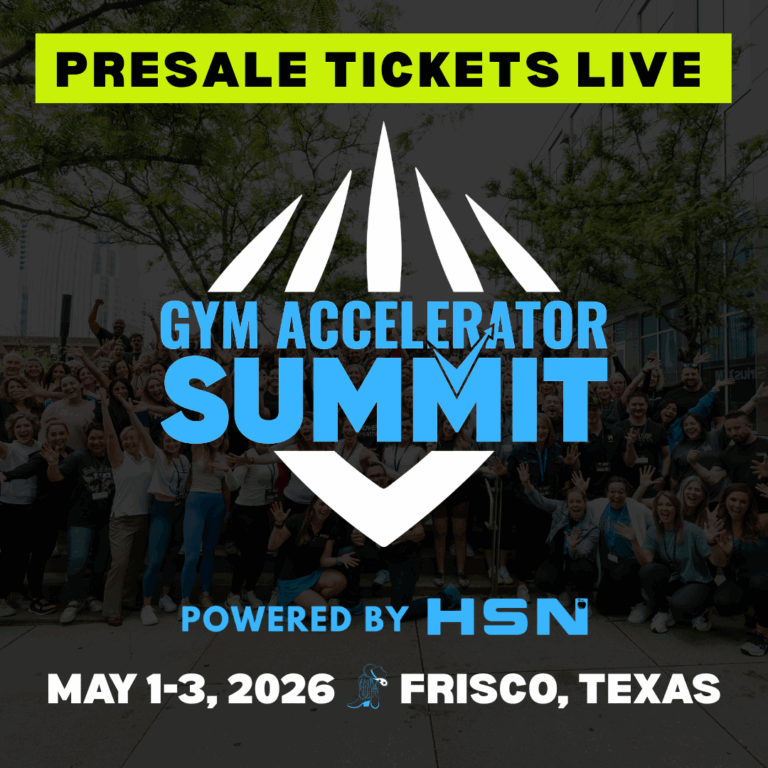I am often asked: what makes a great nutrition coach? Many things go into making a successful coach, namely passion for nutrition and helping people, being organized and motivated, time efficient, etc. The list could go on, but if I had to identify that one quality it would be the ability to be relatable to your audience.
The more relatable you are as a coach, the longer your clients will stay engaged and the more comfortable they will feel during accountability sessions. How can you be relatable? Both in your behavior and in your verbiage. Let’s dive a little deeper!
As an affiliate goes through the training process with HSN, we always recommend the nutrition coach write their first nutrition specific love letter and send this to their email distribution list as part of their initial marketing campaign. Why? Well, it’s a great opportunity to dig deeper into your “Why”:
– to explain why nutrition is a passion of yours and even better,
– to detail a personal nutrition journey, which will, make you relatable to your audience.
Having a personal journey or experience helps make a coach more sympathetic and more importantly, empathetic to a client’s struggles. I can’t tell you how many times a client has breathed a sense of relief when they learn I weighed in at 225lbs during my first pregnancy and through proper nutrition and exercise was able to get back to competitive shape within a year. Your journey doesn’t have to be as detailed as that. It can be as simple as documenting your personal struggles with using MyFitnessPal and how you hold yourself accountable to reaching 10-15% of your daily goals instead of being perfect. Or maybe you went away on vacation and indulged but owned it, accepted it, and got back to your routine the next day.
The last thing a client needs or wants is to be judged and having an accountability partner that not only sets an example but can also emphasize through hard times is imperative. Walk the talk and be a role model for your clients of course, but also let them know that being perfect isn’t realistic. Struggles and obstacles will come, and you’ll always be there to help guide them back without criticism.
How else can you be relatable? Many of our clients come to us through intro appointments: No Snack or Hungry for Help appointments. During that appointment, we find out their goals, what they have tried in the past, what has worked, what hasn’t, how they would rate their current nutrition and where they see themselves in the future. Their answers are important but equally important is the language they use. Make specific notes of their word choices, their level of understanding of nutrient education and when you see them next, for a Phase 1 assessment, mirror that back.
Speaking to clients at their level and not above their understanding will help cement your relationship from the very beginning.
Continue this trend during your accountability sessions and you will see your relationship grow over time. Nutrition can be a very personal subject for many people, and for that reason, they may not have sought help sooner. But with you, they should feel comfortable, supported and safe. That sets the stage for seeing some great long-term results.
Documenting a “day in the life of” for your audience is a fantastic way to showcase your relatability!
Lindsay McDonald
Senior Mentor
REGISTER FOR A FREE WEBINAR: BUILDING NUTRITION MEMBERSHIPS 101




